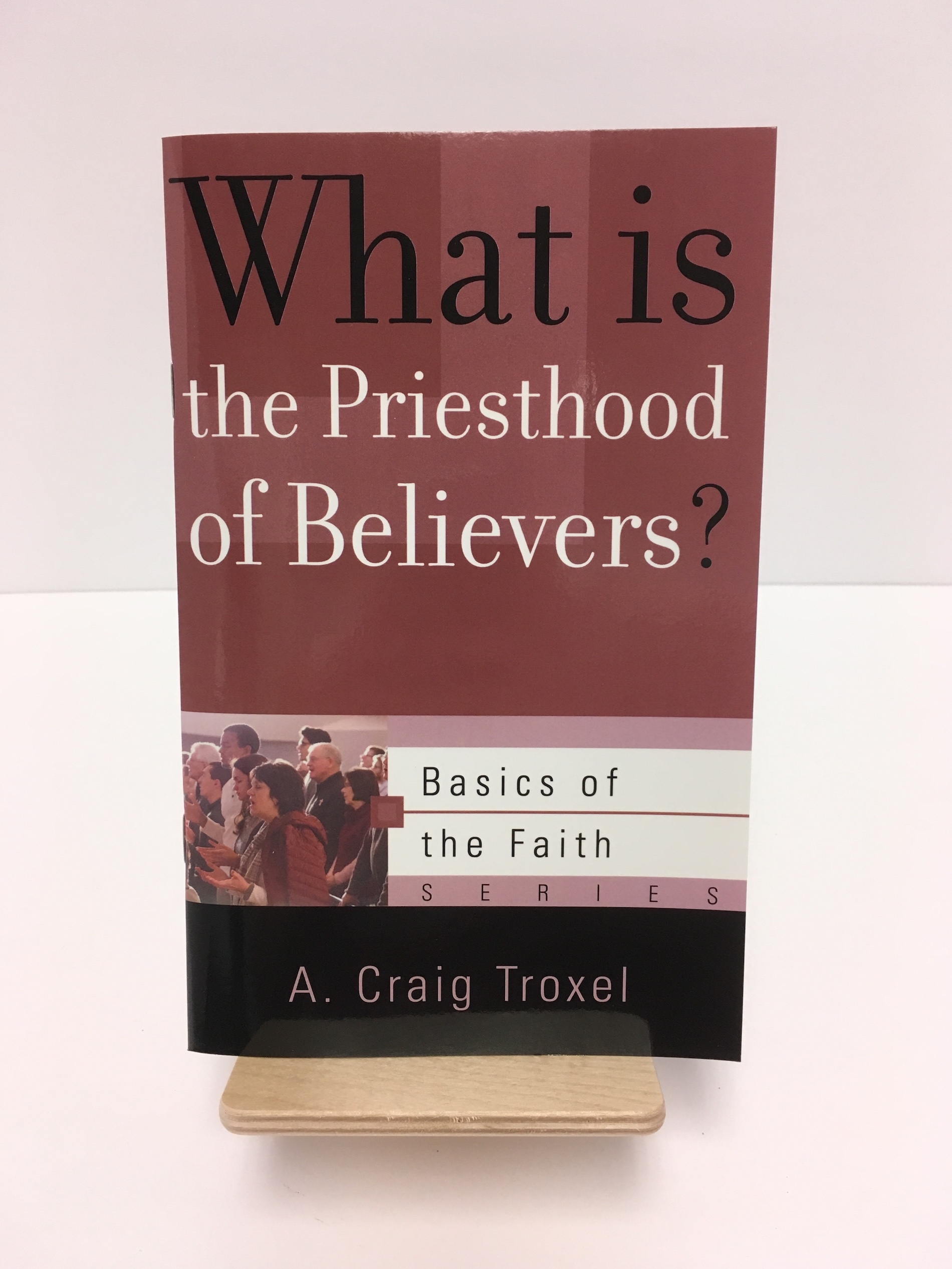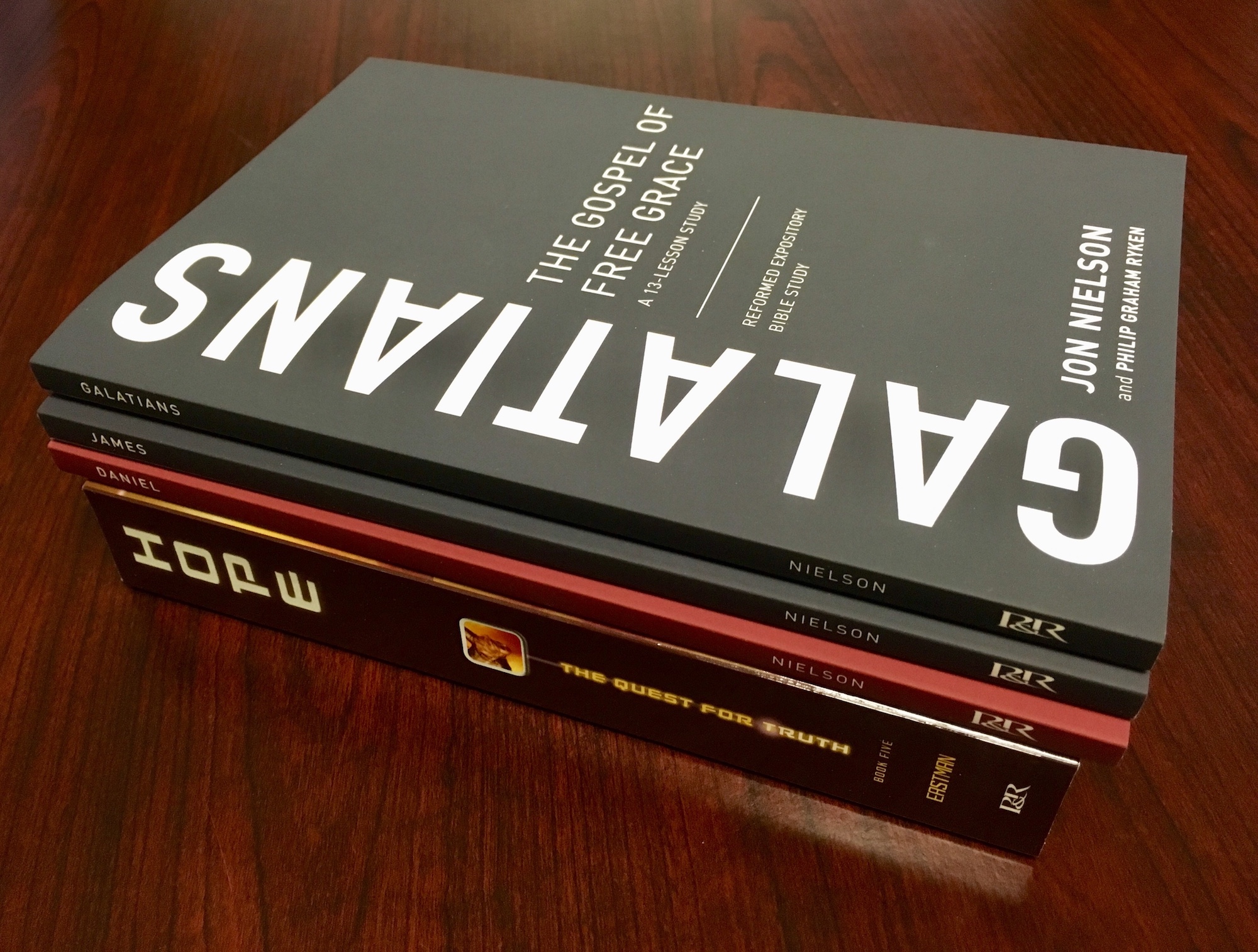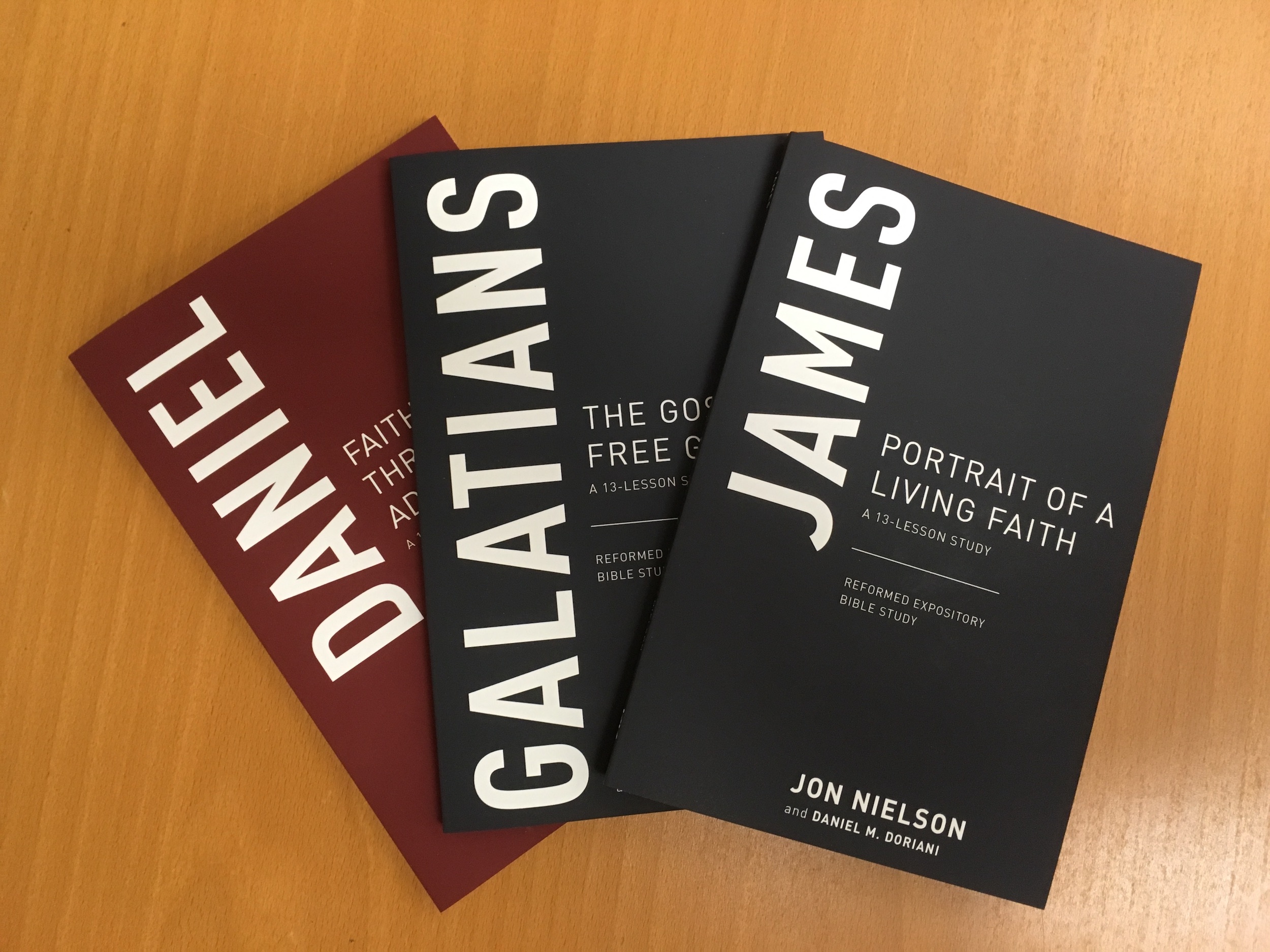Here is an excerpt taken from Chapter 9 of James (Reformed Expository Commentary) by Dan Doriani.

9 — WHO CAN TAME THE TONGUE?
James 3:1–12
THE TRAITS OF THE TONGUE (3:6)
James rightly says, “The tongue . . . is a fire” (3:6a). Its propensity to gossip and its capacity to suggest sin establish it as a source of great wickedness.*4 It stains the whole body. It sets all of life on fire “and is itself set on fire by hell” (3:6b). James describes the tongue three ways.
Its character. The tongue is a microcosm, a concentration point of this world’s evils. James says the tongue is “a world of evil among the parts of the body” (3:6a). The tongue is not necessarily more evil than other members of the body, but speech is involved in almost every form of wickedness. Words themselves are often evil, but we also add wicked words to wicked deeds. Before we strike someone, we may curse him or abuse him. Before we rob someone, we plan it with words, or excuse it with words. So the tongue has a central place in this world’s evils. Yet the tongue is not simply “involved” in evil. It also has great influence.
Its influence. It corrupts “the whole body,” that is, the whole person. James says, “It corrupts the whole person, sets the whole course of his life on fire” (3:6b). The tongue plans evil and utters hateful thoughts. We say someone is selfish or lazy because we think it, but when we say it, we think it all the more. Thus the tongue sets the whole course or cycle of life on fire. Throughout the changing circumstances of life, the tongue continues to create evils. When young, we whine; when old, we criticize. When we fail, we excuse ourselves and blame others. When we succeed or our children succeed, we foul it by boasting.
Through every turn of life, the tongue promotes evil. Jesus said, “What goes into a man’s mouth does not make him ‘unclean,’ but what comes out of his mouth, that is what makes him ‘unclean’” (Matt. 15:11). So our mouths corrupt us. The tongue can create evil. Of course, all evils ultimately come from the heart, as Jesus also said: “But the things that come out of the mouth come from the heart, and these make a man ‘unclean’” (15:18).
Its allegiance. In one sense, the evils of the tongue flow from the heart. In another sense, James says Satan himself gives the tongue its destructive power. Hell sets the tongue on fire (James 3:6b). If we wonder why the tongue generates so much trouble, James answers that it is set on fire by hell.
WE CAN TAME ANYTHING BUT THE TONGUE (3:7–8)
James begins the next verse with the word “for” (ESV). That shows he is explaining what he just said. By this we know the tongue is enflamed by hell: mankind can tame anything but the tongue.*5 Every kind of animal “can be tamed and has been tamed by mankind, but no human being can tame the tongue. It is a restless evil, full of deadly poison” (James 3:7–8 ESV).
The tongue is restless, unstable, and liable to break out at any time. It is half-tamed at best. At an aquarium, we may behold whales, dolphins, and seals heeding human commands. At the circus, we see birds, horses, camels, elephants, and even tigers perform their routines. If an animal fails to perform, the trainer barks commands to bring it back into line. But who can force the tongue back into line? There is a touch of poetry in James’s answer:
Every kind of beast can be tamed by humankind,
but no one among humans can tame the tongue.
Humankind subdues every kind of animal, but it cannot subdue itself. James’s literal phrasing is a bit awkward: “No one is able to tame the tongue—among humans.” This stilted language makes us think. Human nature cannot control the tongue, yet the tongue must be tamed. Who then, will tame the tongue?
Augustine explains that James “does not say ‘no one can tame the tongue,’ but ‘no man,’ so that, when it is tamed, we admit that it was done by the mercy of God, the assistance of God, the grace of God.”*6 This clarifies James’s pessimism about the tongue. James says two things: The tongue has vast influence, so we ought to control it. Yet no human can tame the tongue. This is a paradox: James says we must do something that we cannot do. There are two ways to approach this problem.
First, we can soften James’s message. He means it is almost impossible to tame the tongue, therefore we must redouble our efforts. This view says: Since the tongue is the key to holy living, we must bend every effort to control it, for if we do, we control all. James’s illustrations seem to support this view. Just as a bit turns a large horse, just as a rudder turns a large ship, so the tongue the lives of men.
One writer compares the tongue to a master switch. The words that the tongue forms control our thoughts and plans. If the tongue were “well under control” so that it refused to formulate “words of self-pity” or “thoughts of anger . . . then these things are cut down before they have a chance to live.”*7
Rudders certainly are important. During World War II, the mightiest German battleship, the Bismarck, sank because its rudder failed. Germany launched the Bismarck to attack Allied shipping. When the British navy intercepted it, the Bismarck sank the Hood, the pride of Britain’s navy, in less than ten minutes. The British put everything into a counterattack while the Bismarck, lightly damaged, steamed to harbor. But one tiny plane dropped a torpedo that struck and irreparably damaged the Bismarck’s rudder. The Bismarck could only go in circles. Within hours, dozens of ships and planes brought all their firepower against that one ship until it sank.
Metaphorical rudders are crucial, too. A misdirected chief officer can wreak havoc upon a corporation. A heedless pastor can decimate a church. The first view says it is very difficult, but we can and must control the tongue, for it is the rudder for human life.
The second view interprets James rather literally. It says: It would be good to tame the tongue, but James says we cannot. Therefore, we must turn elsewhere for help. No one has sufficient self-control to govern his tongue: “We all stumble in many ways” (3:2).“No one”—no mere human—“can tame the tongue” (3:8).
This is an excerpt taken from the middle of chapter 9, pages 110—113 of James (Reformed Expository Commentary) by Dan Doriani.
4. Although many translations (NIV, RSV) say the tongue “is” a fire, the Greek verb kathistatai is not the common word for “is.” Kathistatai is typically translated as “set,” “appoint,” or “establish.” James says the tongue is set or established as a world of evil.
5. The four terms—“beast,” “bird,” “reptile” and “sea creature” (ESV)—correspond to the classes of animals listed in Genesis 1:26, suggesting that humans can tame the whole range of animal life.
6. Augustine, On Nature and Grace, in The Fathers of the Church, trans. John A. Mourant and William J. Collinge (Washington, D.C.: Catholic University of America Press, 1992), 86:33.
7. Motyer, The Message of James, 121.





